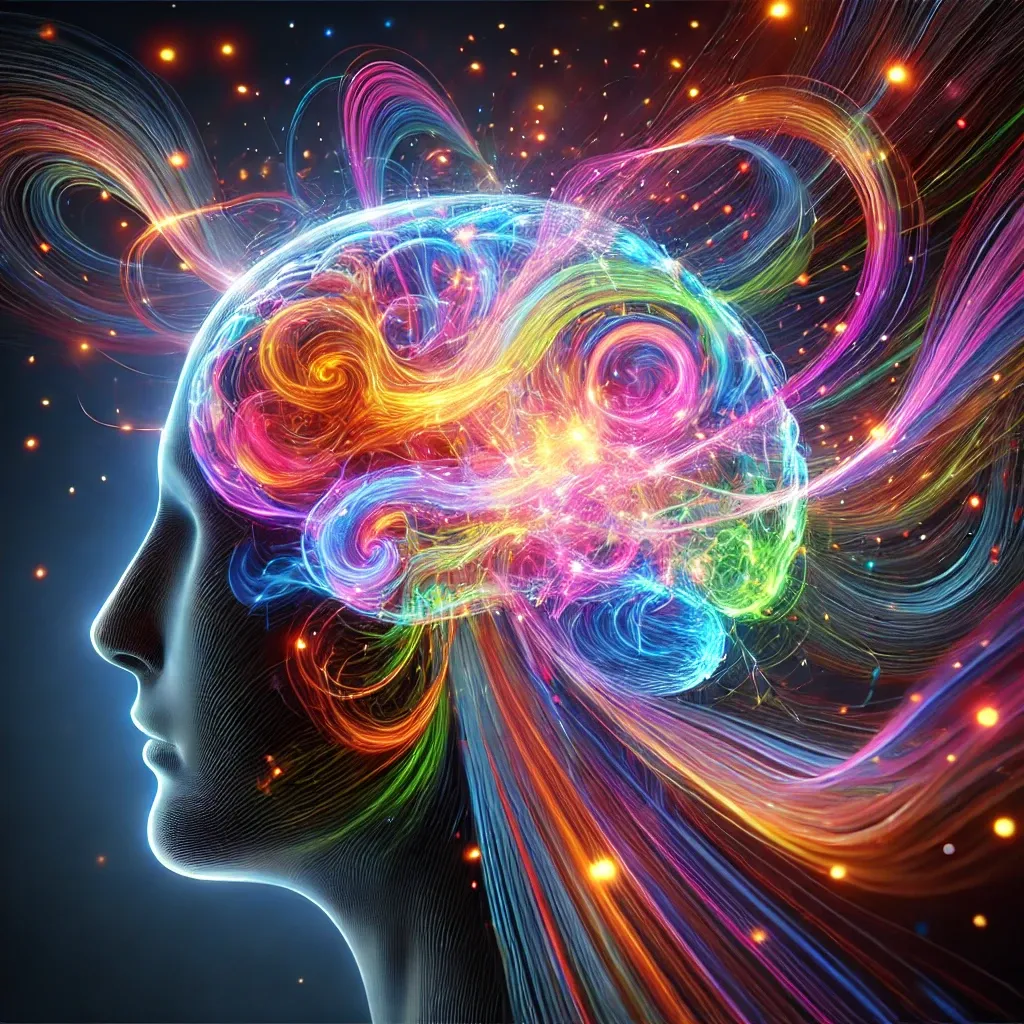Understanding the connection between brain and behavior is a fundamental aspect of counseling psychology. How we think, feel, and act is intricately tied to our brain’s functioning. Counseling psychology seeks to explore these links to help individuals lead healthier, more balanced lives. In this article, we’ll dive deep into the relationship between brain and behavior and uncover valuable insights that counseling psychology offers.
What is Counseling Psychology?
Counseling psychology focuses on facilitating personal and interpersonal functioning across the lifespan. It involves helping people navigate emotional, social, educational, and developmental challenges. A key component of this field is understanding how the brain influences behavior.
The Brain-Behavior Connection
The brain is like the control center of our body. Every action, thought, and emotion originates from intricate processes in the brain. Counseling psychology seeks to uncover how these brain processes impact our behavior, decision-making, and overall mental health.
Neuroplasticity: The Brain’s Ability to Change
One fascinating discovery in brain science is neuroplasticity—the brain’s ability to change and adapt over time. This means that through therapy and counseling, individuals can rewire their brains to adopt healthier habits, thought patterns, and behaviors.
How Emotions Affect the Brain
Emotions play a significant role in shaping brain activity. Negative emotions like fear, stress, and anxiety can overload the brain, leading to poor decision-making. Counseling psychology uses various techniques to help individuals manage these emotions, which in turn positively impacts their behavior.
Cognitive-Behavioral Therapy and Brain Patterns
Cognitive-behavioral therapy (CBT) is a well-known counseling technique that directly links brain function and behavior. By challenging negative thoughts and cognitive distortions, CBT helps individuals develop more positive behaviors. Research shows that CBT can change brain patterns, making it an effective tool for addressing mental health concerns.
Stress and Its Impact on Behavior
We all experience stress, but prolonged stress can have detrimental effects on the brain and behavior. Chronic stress shrinks the prefrontal cortex, which is responsible for decision-making, while overactivating the amygdala, the brain’s fear center. Counseling psychology provides strategies like mindfulness and relaxation techniques to mitigate these effects.
The Role of the Prefrontal Cortex
The prefrontal cortex is responsible for higher-level cognitive functions like decision-making, problem-solving, and self-control. Damage or underdevelopment in this area can result in impulsive behaviors, poor judgment, and difficulty in regulating emotions—issues commonly addressed in counseling psychology.
The Amygdala and Emotional Responses
The amygdala is the brain’s emotional hub, primarily responsible for processing fear and threats. When overactive, it can trigger anxiety, fear, and even aggression. Counseling strategies often focus on calming the amygdala to help individuals manage their emotional responses more effectively.
Understanding Trauma Through the Brain
Trauma can have a profound impact on the brain. The brain’s response to trauma often leads to long-term changes in behavior, such as hypervigilance or avoidance. Counseling psychology helps individuals process and overcome trauma by rewiring these brain responses.
Behavioral Patterns and Brain Chemistry
Behavior is influenced by brain chemicals like dopamine, serotonin, and cortisol. An imbalance in these chemicals can lead to various behavioral issues such as depression, anxiety, and addiction. Counseling psychology uses techniques to help restore balance in brain chemistry, often through lifestyle changes, cognitive strategies, and sometimes medication in conjunction with therapy.
The Importance of Self-Awareness
Counseling psychology emphasizes the development of self-awareness. Understanding how your brain reacts to certain stimuli can help you gain control over your behavior. Techniques such as journaling, mindfulness, and reflective thinking are often used to promote self-awareness.
Conclusion: The Power of Counseling Psychology on Brain and Behavior
In counseling psychology, understanding the relationship between brain and behavior is key to helping individuals improve their mental health and well-being. By using techniques such as cognitive-behavioral therapy, mindfulness, and emotional regulation strategies, counseling psychologists empower people to take control of their behavior by addressing the underlying brain mechanisms. The brain is a powerful organ, and when we understand how it works, we can unlock its potential for positive change.
